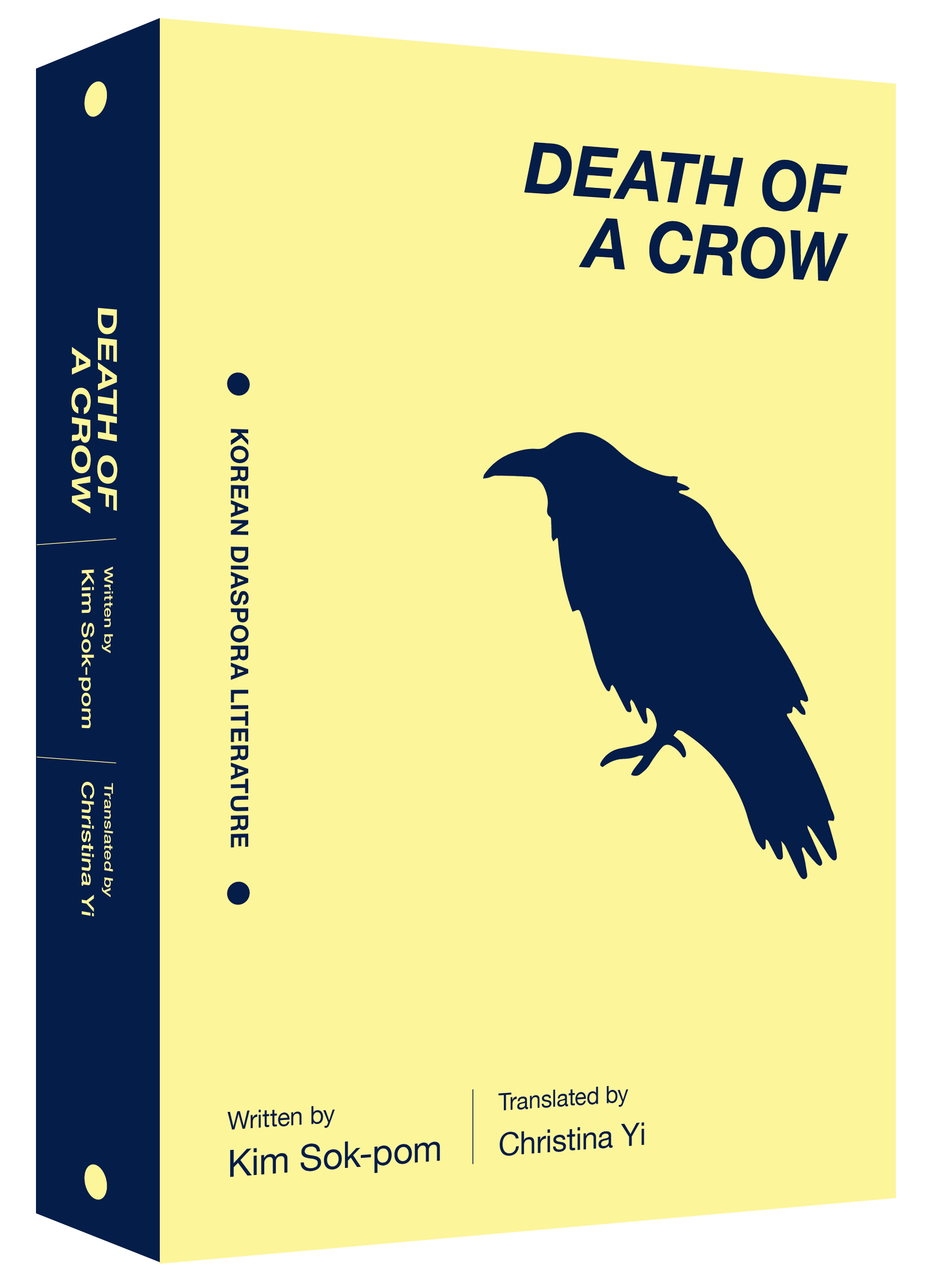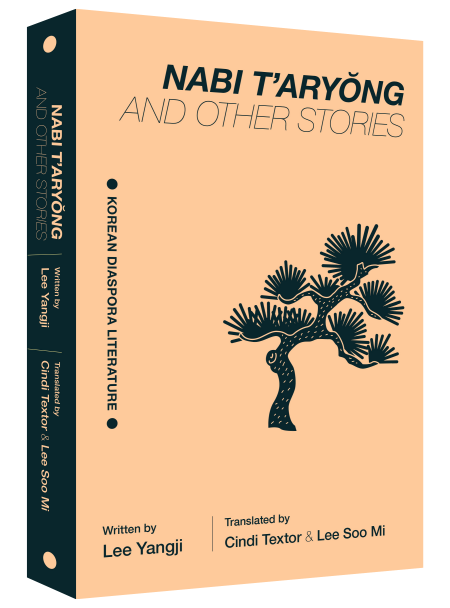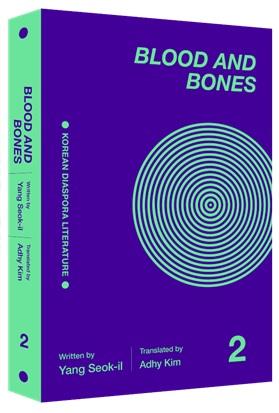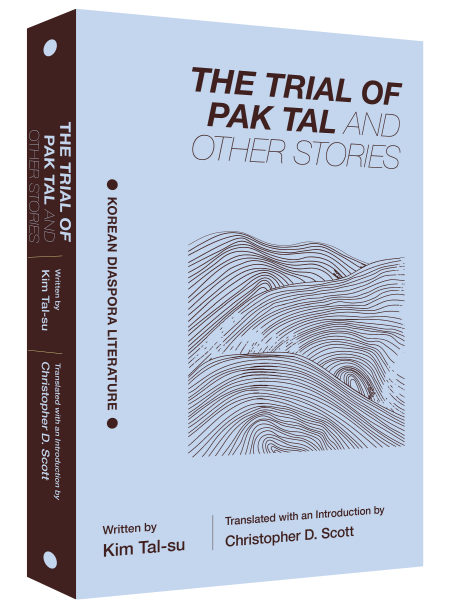Kim Sok-pom
Kim Sok-pom: Death of a Crow Korean Diaspora Literature
42,90 €*
-
Art.Nr./ISBN: 9781624121470
-
Verlag: Seoul Selection
-
Seitenzahl: 502
-
Einband: Softcover
-
Jahr: 2022
-
Sprache: English
-
Medientyp: Book
-
Autor: Kim Sok-pom
Auf Lager. Versandfertig in 1-3 Werktagen
Produktinformationen "Kim Sok-pom: Death of a Crow"
1st Collection of Short Stories on the Jeju April 3 Incident Published in 1957 as a Way of Informing the World
Kim Sok-pom has devoted his writing career to raising awareness of the Jeju April 3 Incident through literature. Death of a Crow (1957) marked the beginning of his campaign; known as one of his major works, it is also the one that first earned him recognition. By writing about the uprising, he delved into history and the problems of humanity. Chronicling a variety of lives linked to the event was also his way of gaining understanding of this world.
“Bak-seobang, Jailer,” “Death of a Crow,” and “Gwandeokjeong” are a series of closely intertwined works in this book that depict Jeju amid the massacre that lasted for about a year starting from summer 1948; “Death of a Crow” and “Gwandeokjeong” also feature the same person. Though “Feces and Freedom” and “A Tale of a False Dream” do not deal with the uprising directly, they help reveal the reasons why the author studied the massacre and his opinions of it.
About the Author
Kim Sok-pom
Novelist Kim Sok-pom, born in Osaka, Japan, in 1925, has extensively written novels related to the Jeju April 3 Incident on Jeju Island in 1948. He grew interested in the topic after hearing about the horrendous massacre from his relatives, who had stowed away to Japan. He devoted himself to raising awareness of such savagery through literature. Beginning with “Bak-seobang, Jailer” and “Death of a Crow” and later through The Curious Tale of Mandogi’s Ghost, “Gwandeokjeong,” and The Moon, he has kept producing works inspired by the event. In pursuit of freedom and liberation based on universality and in opposition to the absolutization of Japanese language, Kim has chosen to reclaim his identity as a Korean writer. For The Volcanic Island (Kazanto), he earned the Asahi Shimbun's Osaragi Jiro Award in 1983 and the Mainichi Arts Prize in 1984.
About the Translator
Christina Yi is an associate professor of modern Japanese literature at the University of British Columbia in Vancouver, Canada. Receiving her Ph.D. from Columbia University, she had her first monograph, Colonizing Language: Cultural Production and Language Politics in Modern Japan and Korea, published by Columbia University Press in 2018. Yi was also the co-editor for both a special issue on zainichi (ethnic Korean residents of Japan) Korean literature and film for Azalea: Journal of Korean Literature and Culture 12 (2019) and the edited volume Passing, Posing, Persuasion: Cultural Production and Coloniality in Japan’s East Asian Empire (University of Hawaii Press).
Contents
Translator’s Foreword
Bak-seobang, Jailer
Death of a Crow
Gwandeokjeong
Feces and Freedom
A Tale of a False Dream
Anmelden





